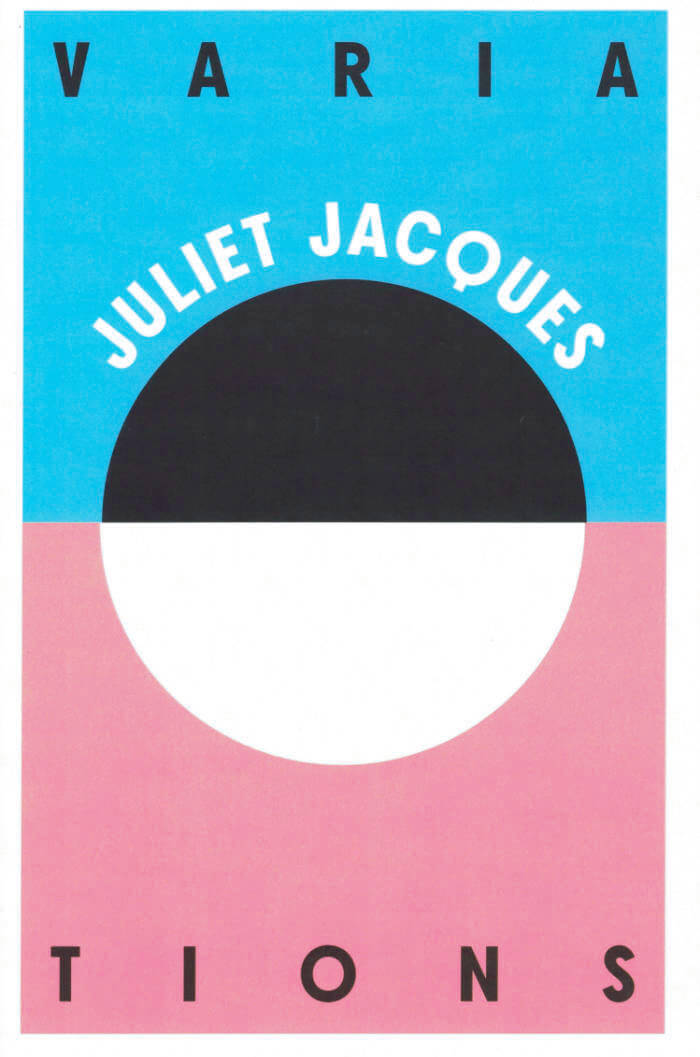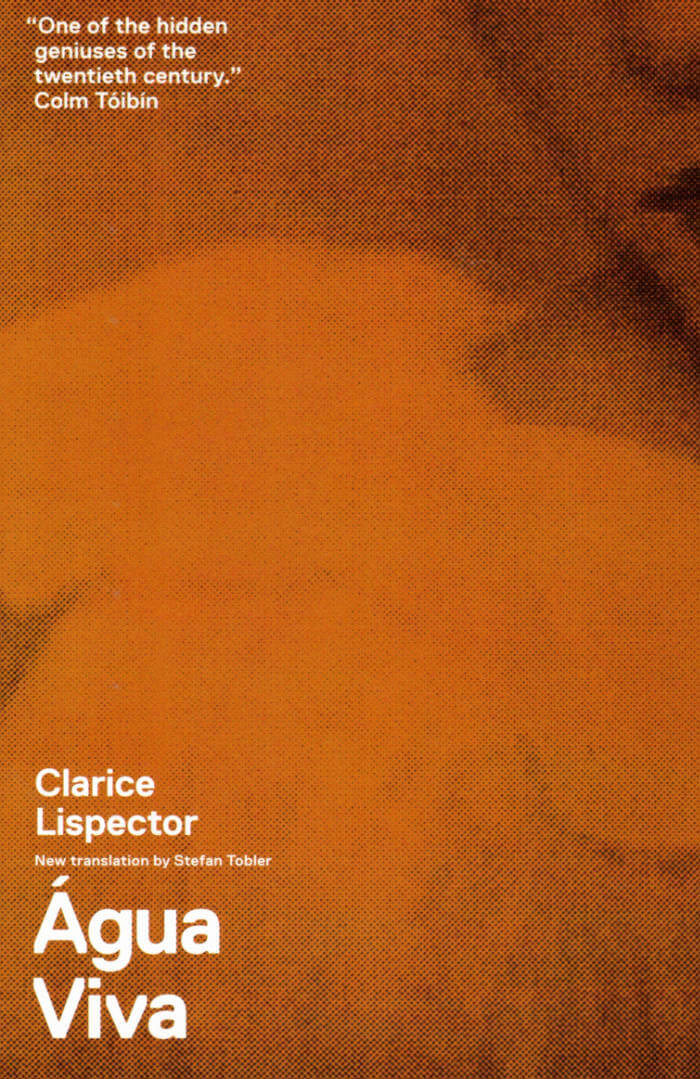
Corey Fah Does Social Mobility
The radical, joyful follow-up to the Goldsmiths Prize-winning Sterling Karat Gold.
This is the story of Corey Fah, a writer on the cusp of a windfall, courtesy of the Social Evils prize committee, for whom the actual gong - and with it the prize money - remains tantalizingly out of reach.
Neon beige, with UFO-like qualities, the elusive trophy leads Corey, with partner Drew and surprise eight-legged companion Bambi Pavok, on a spectacular detour through their childhood in the Forest - via an unlikely stint on reality TV. Navigating those twin horrors, through wormholes and time loops, Corey learns - the hard way - the difference between a prize and a gift.
Both radiant and revolutionary, Isabel Waidner's fiction gleefully takes a hammer to false binaries, boundaries and borders, turning walls into bridges and words into wings. Fierce, fluid and funny, they free us to imagine another way of being.
This is a novel about coming into one's own, the labour of love, the tendency of history to repeat itself and the pitfalls of social mobility. It's about watching TV with your lover.





